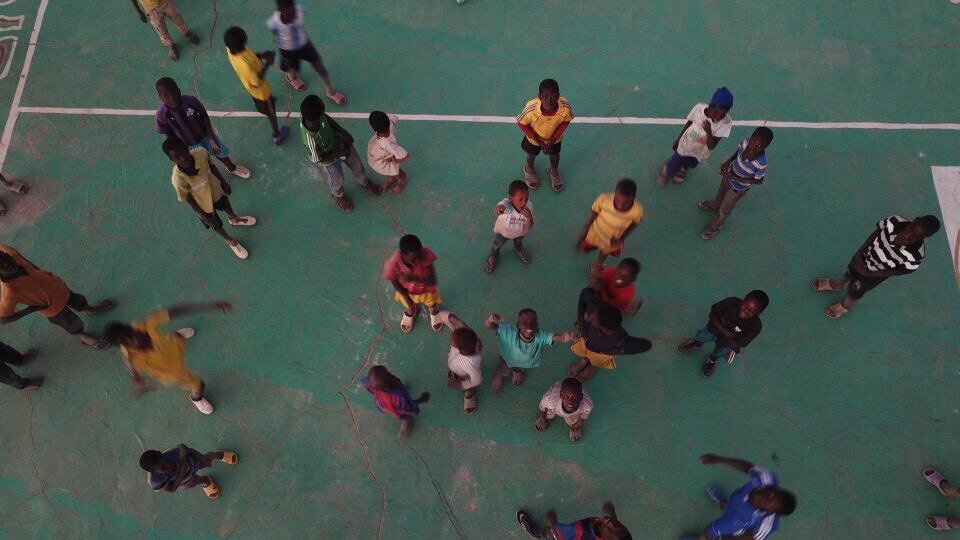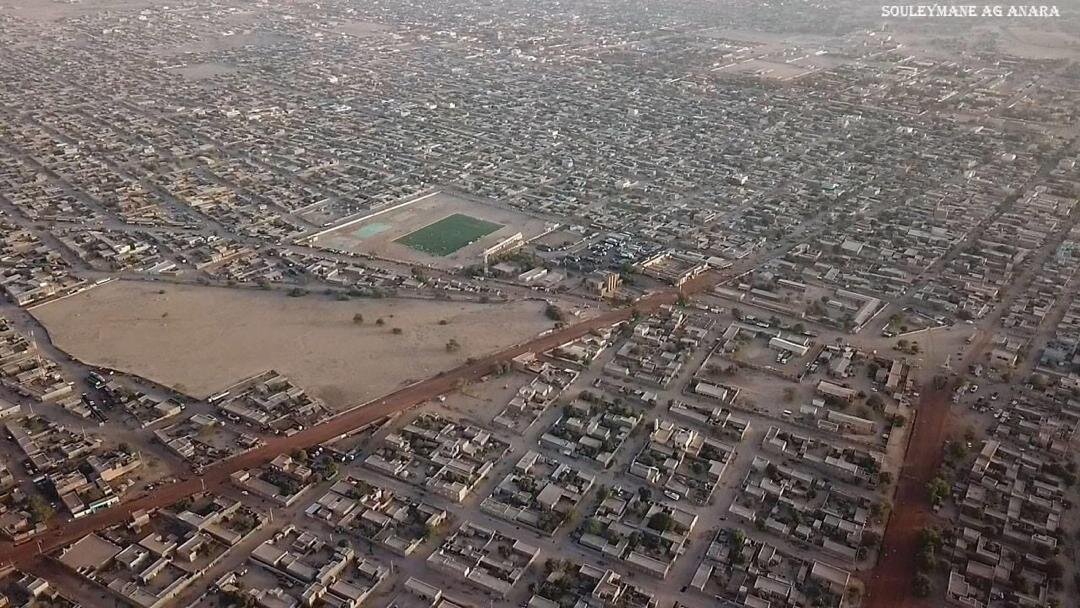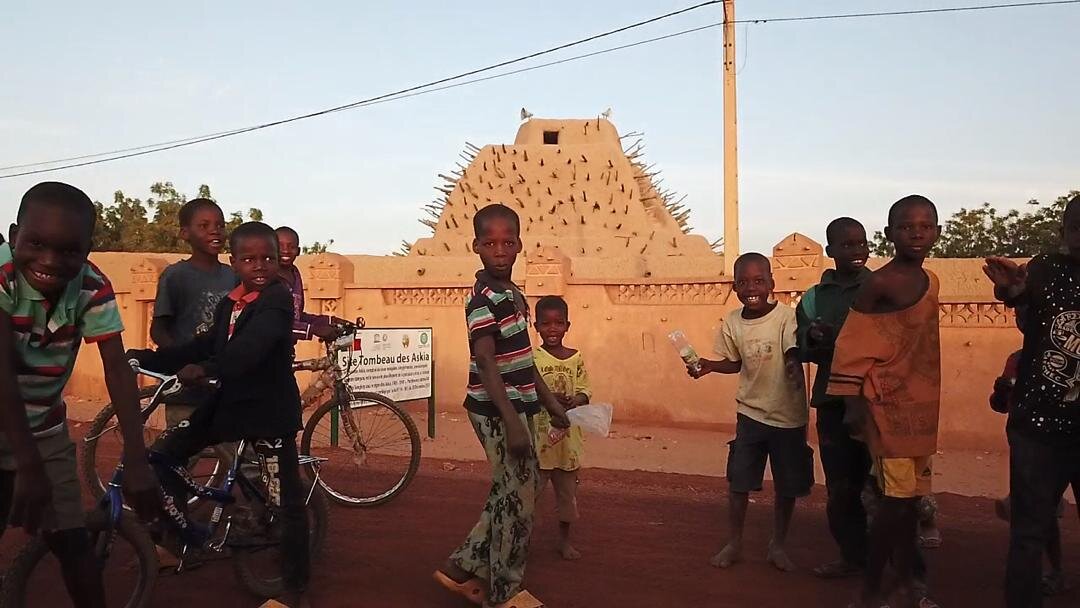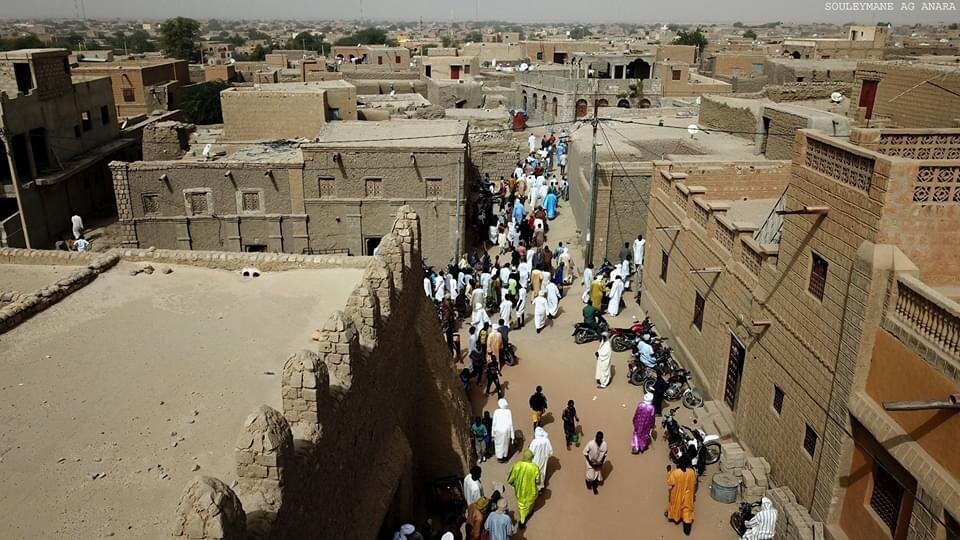A journalist
Mali 🇲🇱 “With the closure of Algeria’s border, the northern area of Mali is suffering a lot because it depends on Algeria for imports. This has caused major problems for our economy. There is a food shortage and the prices have gone up. Not everyone has the money to pay these prices. If this goes on for too long, it could cause a famine problem. Millions of people could be starving in Mali and in Niger because of the closure of borders due to the COVID-19 pandemic.
I was covering a story concerning safety measures in the regional hospital of Gao and I was shocked that there were no procedures put in place and no equipment available. They really don’t have the means to deal with this pandemic. The north of Mali does not have as many cases as the south. There are some cases in the north but they are mostly in the United Nations camps. However, yesterday Gao registered their first positive coronavirus case at the hospital.
We are in the middle of Ramadan. Our mosques in the northern part of Mali are still open. Many believe that now is not the time to close mosques, now is the time to pray and ask God for everything to go back to normal. There are a lot of people in Mali and in Niger who do not believe in the COVID-19 pandemic. Often, there are demonstrations and protests against the government’s system. People are protesting for things to go back to the way it was since they no longer have anything to eat because of the border closures. This really brought on difficult situations to many people and it can’t go on like this. But the mentality of people here hasn’t changed. If you don’t have rice and you go to see your neighbour, he will give some to you. The solidarity among the Maliens still remains.”



